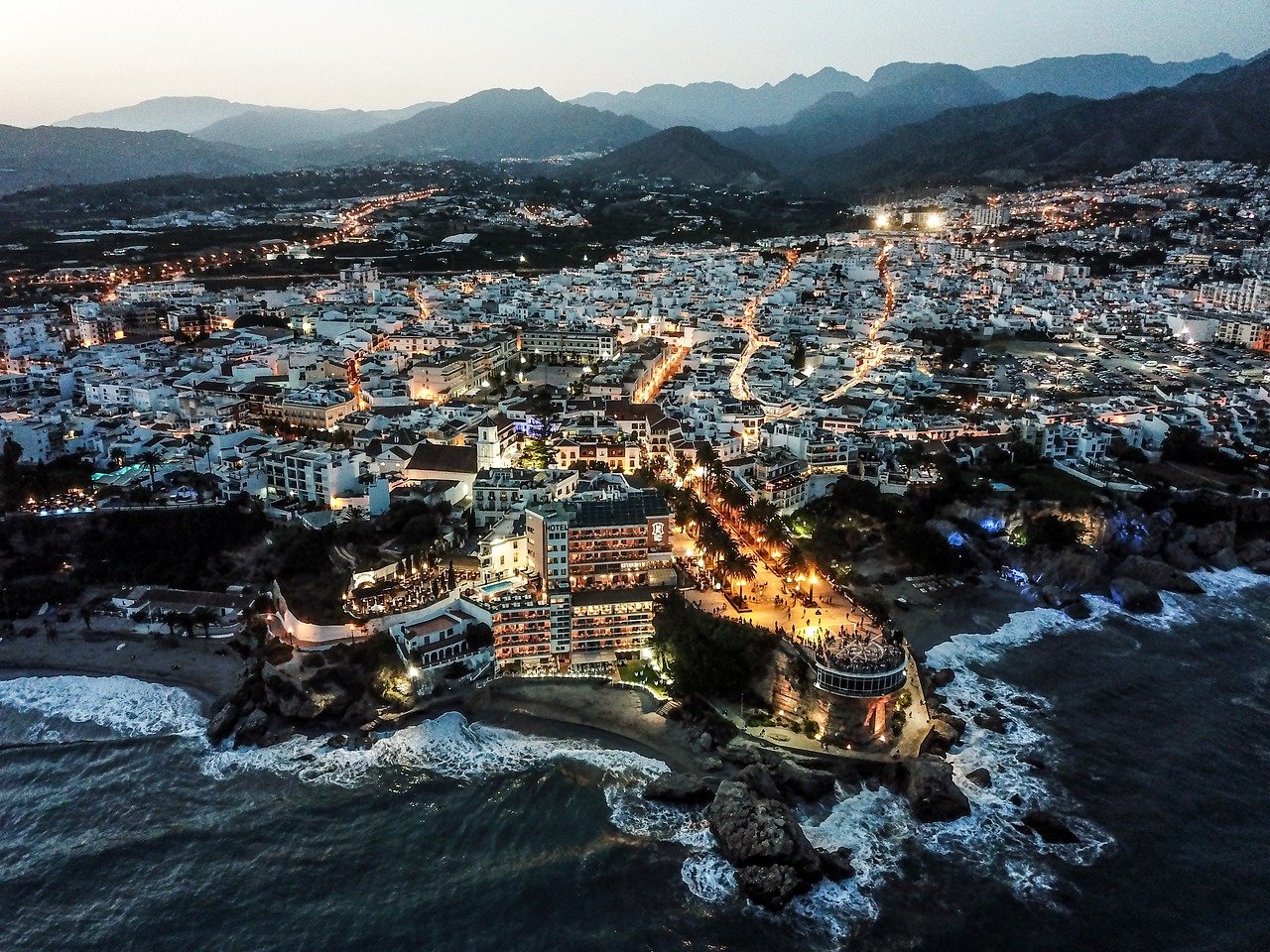The Spanish Ministry of Health, Consumption and Social Security has updated the list of high-risk EU and Schengen countries whose entry is severely restricted when entering Spain, as well as the list of epidemiologically safe third countries from which travelers travel. allowed to enter the country under simplified rules, even for tourist purposes.
The lists have already come into force on August 16 and will be valid until August 22, Sunday, when the new lists will be introduced, according to SchengenVisaInfo.com.
Currently, the Spanish authorities consider the following EU and Schengen countries at high risk: Belgium, Cyprus, Denmark, Estonia, Finland, Greece, Iceland, Ireland, Liechtenstein, Lithuania, Luxembourg, Malta, the Netherlands, Portugal and Sweden.
Some regions of eight more EU countries and the Schengen area are also considered high-risk, as indicated below:
Austria (Salzburg, Tyrol, Vorarlberg and Vienna)
Bulgaria (Central North, Northeast, Southeast, Southwest, Central South)
Croatia (City of Zagreb, Adriatic Croatia)
France (Auvergne-Rhône-Alpes, Burgundy-Franche-Comté, Brittany, Center-Val-de-Loire, Corsica, Greater East, Guadeloupe, Guyana, Upper France, Ile-de-France, Reunion, Martinique, Normandy, New Aquitaine , Occitania, Loiret, Provence-Alpes-Côte d’Azur)
Germany (Berlin, Hamburg, North Rhine-Westphalia, Saarland, Schleswig-Holstein)
Italy (Abruzzo, Basilicata, Calabria, Campania, Emilia-Romagna, Friuli-Venezia Giulia, Lazio, Liguria, Lombardy, Marche, Piedmont, Autonomous Province of Trento, Apulia, Sardinia, Sicily, Tuscany, Umbria, Umbria Aosta d’Aosta, Veneto)
Norway (Agder, Mere og Romsdal, Nordland, Oslo, Rogaland, Troms og Finnmark, Westland, Viken)
Slovenia (Western Slovenia)
Travelers arriving in Spain from any of the countries and regions listed above are required to provide a certificate confirming that they have either been vaccinated with one of the vaccines recognized by the Spanish authorities as valid proof of immunity for travel, or cured of COVID-19, or virus test negative.
Newcomers from these countries may also provide evidence of COVID-19 infection in recent months, as well as negative COVID-19 test results if they have not already been vaccinated.
Travelers from third countries may also enter Spain for tourism purposes if they have been vaccinated against COVID-19 and have a valid document confirming that the last dose of vaccination was given at least 14 days before.
In addition to the vaccination certificate, travelers from the following third countries may also enter if they have evidence of recovery from COVID-19 or negative virus test results:
Albania
Armenia
Australia
Azerbaijan
Bosnia and Herzegovina
Brunei
Canada
China
SAR Hong Kong
Israel
Japan
Jordan
Kosovo
Lebanon
SAR Macau
Montenegro
New Zealand
Qatar
Moldova
Republic of Northern Macedonia
Saudi Arabia
Serbia
Singapore
South Korea
Taiwan
Ukraine
United States
At the same time, travelers from Argentina, Bolivia, Brazil, Colombia, Namibia and South Africa, who are eligible for entry, must undergo a 10-day quarantine upon arrival in Spain.

